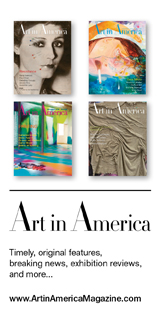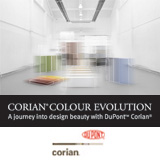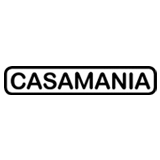Phillips First Design Sale at New Berkeley Square Location
28 April 2015
On 28 April Phillips will present the first Design Auction held in 30 Berkeley Square featuring over 250 lots with a pre-sale low estimate of £6.7m/$10m/€9.3m and a pre-sale high estimate of £9.9m/$14.7m/€13.8m.
A highlight from the Design Evening Sale includes Engineer-architect Jean Prouvé’s 1944 Demountable House 6x9, composed of ‘steel and wood, with a little aluminium’, and estimated between £600,000 - 800,000.
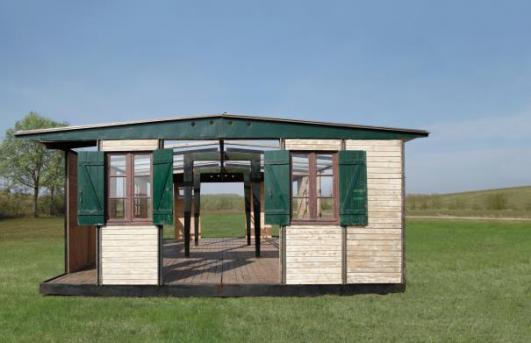
JEAN PROUVÉ
'6 x 9' demountable house, 1944-1945
Estimate £600,000 - 800,000
Prouvé’s demountable houses responded to the urgent need for post-war reconstruction in France and provided a solution to the housing crisis for those made homeless following the Second World War. An architectural coup, the components of the houses could be shipped directly to bomb-devastated sites, and assembled in a single day. Referring to the houses as factoried rather than prefabricated, the design was driven by a need for a lighter, more rationalised way of building and living. The houses survived in limited numbers, making the 6x9 Demountable House a rare example of Prouvé’s modernist, functionalist architecture, and a piece that captures an ideology as much as an historical moment.
We look forward to these exhibitions and auctions of 20th and 21st century design which are the first to take place at Phillips European headquarters in Berkeley Square. The auctions offer a particularly strong selection of works representing most of the major movements of the period and will appeal to today’s collectors who crave importance and rarity most of all. Outstanding highlights include Marc Newson’s iconic Lockheed Lounge (circa 1990), which has not appeared at auction since Phillips set the world auction record for this design at $2.1m in 2010 - the highest price at auction for a work by a living designer
Alexander Payne, Worldwide Director of Design.
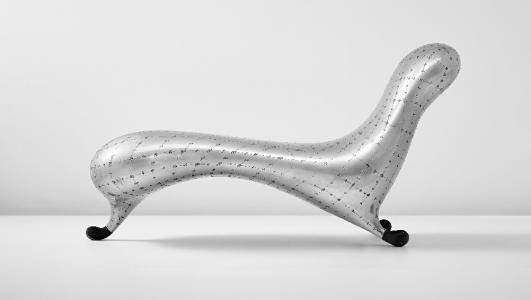
MARC NEWSON
Lockheed Lounge, circa 1990
Estimate £1,500,000 - 2,500,000
A Lockheed Lounge has not appeared on the auction market since Phillips set the world auction record for this design at $2.1m in 2010, the highest price realized at auction for a work by a living designer. Of the 15 extant examples, four are in permanent museum collections including the National Gallery of Victoria, Melbourne; Powerhouse Museum, Sydney; Vitra Design Museum, Weil am Rhein; and Carnegie Museum of Art, Pittsburgh. The remaining 11 are in private collections. Phillips offers Marc Newson’s iconic Lockheed Lounge (1990) which will appear as a highlight of the Design Evening Sale on 28 April 2015.
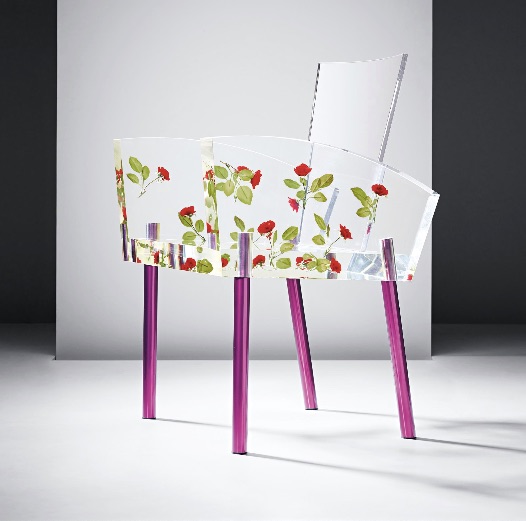
SHIRO KURAMATA
'Miss Blanche' chair, circa 1991
Estimate £200,000 - 300,000
Born in 1934, Shiro Kuramata is considered one of the foremost architect and designers of his generation. He developed his style and talent during a period of intense economic growth for Japan, Tokyo being the showcase of everything that was modern and fashionable, new and spectacular.His most famous design, the ‘Miss Blanche’ chair, was inspired by the character of Miss Blanche DuBois from the film A Streetcar Named Desire, based on the homonym play by Tennessee Williams.
During the early stages Kuramata used natural roses in glass blocks and eventually opted for fake roses embodied in acrylic; he believed fake materials best suited the concept of the ‘Miss Blanche’ chair: “it has to be fake because Blanche DuBois herself is a fake.”
To commemorate the life of the artist, who died at the age of 56, the edition was extended to a number of 56 examples.
Examples of the ‘Miss Blanche’ chair are in the permanent collection of the Vitra Design Museum, the San Francisco MoMA, the New York MoMA, and the Dallas Museum of Art.
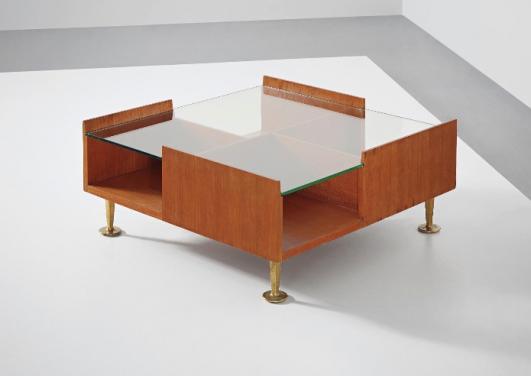
GIO PONTI
Unique coffee table, designed for a Villa, Liguria, 1960s
Estimate £30,000 - 40,000
Many of Gio Ponti’s most characteristic and famous works are villas. Among these are the “Ange Volant” (Villa Bouilhet) near Garches, France (1926) and the Villa Planchart in Caracas, Venezuela (1955), just to name two of the most prominent. In Ponti’s case the villa typology always has specific design implications: these invariably involve total schemes worked out to the smallest detail. The contents of the Ligurian villa near Genoa of ca. 1958 included in this lot—interior furnishings comprising chairs, sofas, small coffee tables--is no exception to this rule.
The table is a dramatic instance of Ponti’s design of the late 1950s, and is a variant, in some ways a superior one, of another table made for the Time-Life Building interior in New York City of 1958-9, made of limed ash.
The table from the Ligurian villa has a strong tectonic feel, and gives the impression of measuring the space around it. Made of walnut as other pieces included in the collection it adds a sense of material unity that joins the furnishings in the separate rooms.













